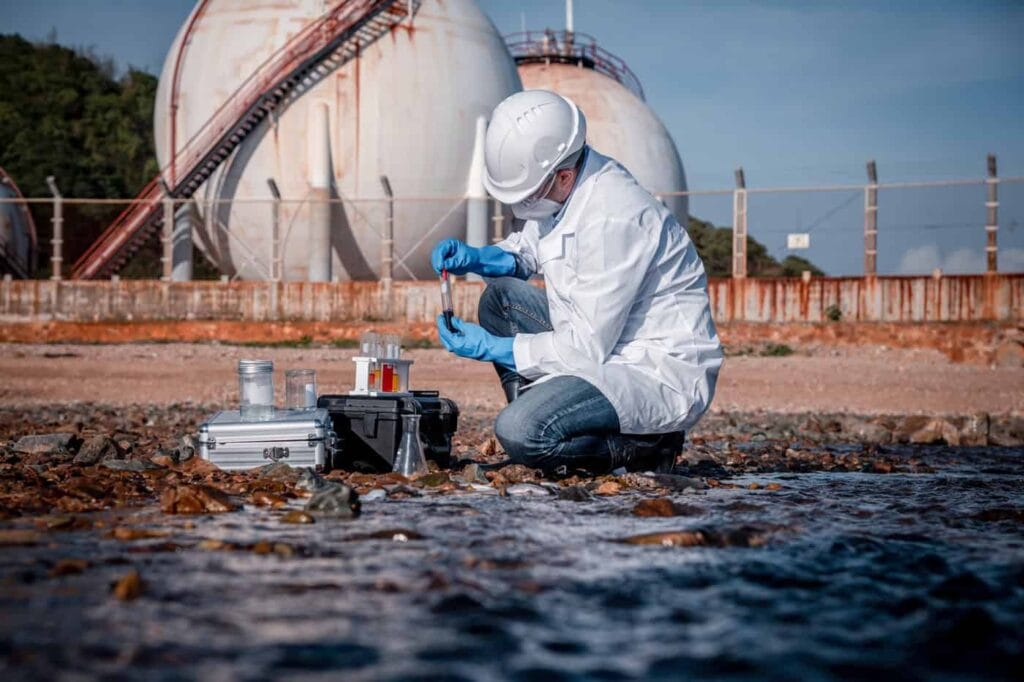隨著 2024 年即將結束,我們檢視五個關鍵 2025年的製造業趨勢 塑造未來一年的製造業。即使今年取得了許多進展,新的一年仍將面臨挑戰。
執行長和高階主管有時難以完全融入最新趨勢,因為變化太多,難以掌控。然而,為了製定最合適的商業策略,領導者必須深入細節。為2025年做準備應該包括仔細的考慮、深入的思考和利益相關者的參與,以確保整個執行團隊在行業從…轉型之際,清楚地了解今年的未來方向。 工業 4.0 到 工業 5.0.

隨著 2025 年的臨近,CEO 必須制定策略,制定強有力的計劃,並做好充分準備,確保公司面向未來,並準備好引入更具顛覆性的技術,例如 代理人工智慧 以及元宇宙,以保持領先地位。新的一年將充滿挑戰和障礙,但正如托馬斯·愛迪生所說:“當機會與規劃相遇時,就會產生好運。”
關於2025年製造業趨勢的常見問題解答
製造業的微趨勢是什麼?
製造業的微趨勢是指一些細微的、新興的轉變,它們會影響產品的設計、生產和交付方式。 2025 年,這些趨勢包括微型工廠的興起、在地化生產、人工智慧整合以及循環經濟模式。
什麼是代理經濟?
代理經濟是指由智慧代理(例如人工智慧系統)以最少的人力投入做出決策、管理資源並推動生產的系統。 2025年,隨著企業採用自動化技術,代理經濟將持續成長。
什麼是微型工廠?它是如何運作的?
微工廠是一種小型、高度自動化的製造工廠,採用機器人、人工智慧和3D列印等先進技術。它透過在本地高效生產商品,通常根據特定社區或市場需求進行客製化。
循環經濟如何影響製造業?
循環經濟透過減少浪費、促進再利用、回收和永續設計來影響製造業。 2025年,製造商將從線性模式轉向循環模式,以最大限度地減少對環境的影響並實現ESG目標。
製造業的 Agentic AI 是什麼?
製造業中的代理人工智慧是指能夠獨立運作、做出決策並優化生產流程而無需人工持續控制的人工智慧系統。它在智慧工廠和自主工作流程中發揮關鍵作用。
為什麼微型工廠對於永續製造如此重要?
微型工廠對永續製造至關重要,因為它們消耗更少的資源,產生更少的浪費,並支持本地生產。到2025年,它們將幫助製造商降低排放,並打造更靈活、更環保的供應鏈。


